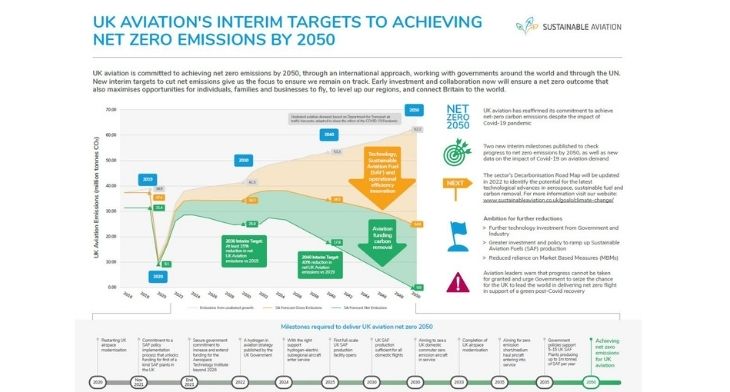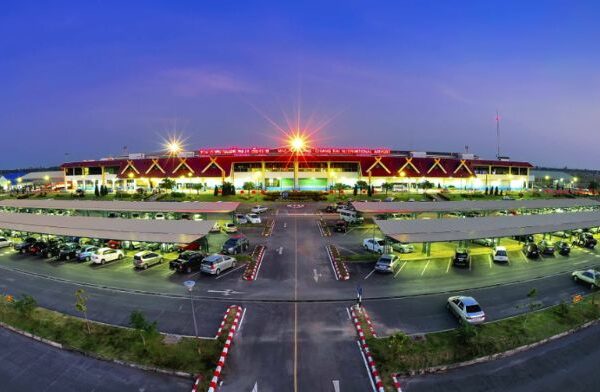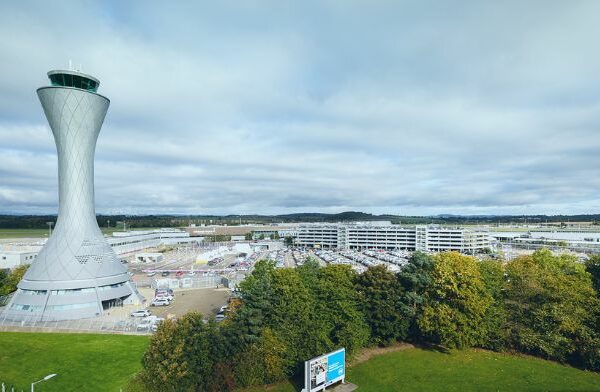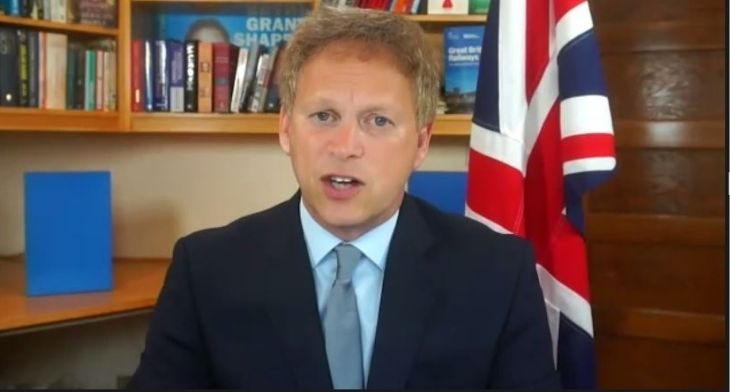


Tuesday 22 June saw the UK aviation industry reaffirm its commitment to achieving net zero emissions by 2050 by establishing interim decarbonisation targets of at least 15% reduction in net emissions relative to 2019 by 2030 and a 40% net reduction by 2040.
These interim milestones are reflected on a new chart taking account of the effects of COVID-19 on aviation demand, and complement an ever-growing set of voluntary industry pledges to drive down emissions fast. The announcement of these interim targets also kickstarts work to update the sector’s Decarbonisation Road Map by the middle of 2022. The roadmap was first published in 2020.
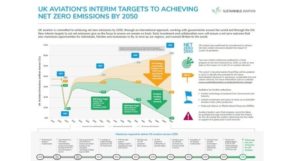

Referencing COP26, which is taking place in October 2021, Shapps also highlighted that “in five months time we will send a message to the rest of the world that Britain’s transport industry is leading the way to cleaner travel and that aviation is now a fully paid up member of the net zero club.”
And reinforcing the UK Government’s commitment to investing in and supporting new technology pathways to achieve net zero emissions and the need to address policy barriers, Shapps also noted that, “as the first major economy in the world to commit to net zero by 2050, [the UK] is leading the charge to cut aviation emissions through the Jet Zero Council.”
Meanwhile, Kwasi Kwarteng, Secretary of State for Business, Energy, and Industry Strategy described the interim targets as an important milestone for the British aviation industry. “They show that airports, aerospace manufacturers and airlines share in our ambition to adopt the new and emerging technologies necessary to fight climate change.”
Underlining the role that UK airports play in delivering net zero aviation by 2050, Karen Dee, Chief Executive, Airport Operators Association (AOA), said: “Despite the impact of the COVID-19 crisis, airports remain committed to tackling the climate crisis. As the AOA set out in our Airport Recovery Plan, we can and must return to 2019 passenger levels without 2019 environmental impacts. Airports will play their part in achieving the goals set out by Sustainable Aviation today, including by modernising UK airspace to reduce noise and climate impacts, ensuring airport infrastructure is ready for sustainable aviation fuels and reducing ground-based emissions of buildings and vehicles operating on and around airports.”
With game-changing sustainable aviation fuels (SAF), permanent carbon removal, and new low and zero carbon technologies, such as electric and hydrogen powered aircraft, on track to become more mainstream in 2030, panelists agreed that the pace of decarbonisation is ramping up. However, to ensure the UK aviation industry continues to lead the world in aviation decarbonisation, further support is needed in five areas critical to realising net-zero flight:
- Key policies this year to deliver a UK SAF industry and commercialise SAF, most urgently by providing a demand signal and price support – the primer for up to 14 UK plants generating sustainable fuel from household and industrial waste by the middle 2030s, supporting at least a 32% reduction in emissions from UK aviation by 2050;
- A positive, long-term signal for investment in aerospace technology and the development of hybrid, electric and hydrogen-powered aircraft thorough increased and extended funding for the Aerospace Technology Institute;
- The completion of vital airspace modernisation generating significant carbon savings through more efficient flying and shorter journey times;
- Policies that incentivise the commercialisation of carbon removal technologies that enable carbon neutral or carbon negative aviation fuel, allowing the aviation industry to address any remaining residual emissions;
- UK Government to seek a more robust international commitment for aviation carbon reduction at the ICAO Assembly in 2022, ensuring emissions are reduced across the globe and not exported from the UK..
